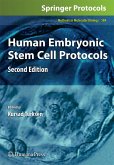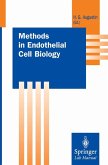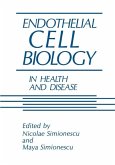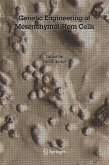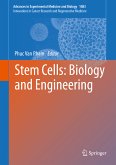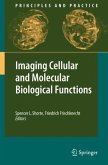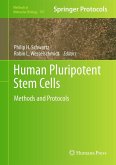Critical and cutting edge, Protocols for Adult Stem Cells is an essential guide which provides groundbreaking and novel techniques certain to redefine the field of stem cell biology.
Dieser Download kann aus rechtlichen Gründen nur mit Rechnungsadresse in A, B, BG, CY, CZ, D, DK, EW, E, FIN, F, GR, HR, H, IRL, I, LT, L, LR, M, NL, PL, P, R, S, SLO, SK ausgeliefert werden.
"This volume in the popular Methods in Molecular Biology series provides a snapshot of research techniques and protocols for identifying and culturing these amazing tissue-specific stem cells. ... The book is written for basic science and clinical researchers interested in stem cell biology, as well as mechanisms of carcinogenesis and malignancy. It also will be valued by biomedical scientists and clinicians interested in cytotechnology and biotechnology. ... The topic is fascinating and clinically relevant. I enjoyed learning about antigen-priming dendritic cells." (Bruce A. Fenderson, Doody's Review Service, August, 2010)



